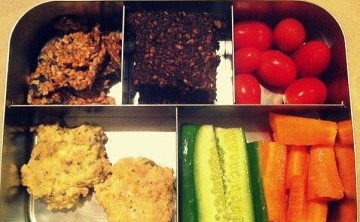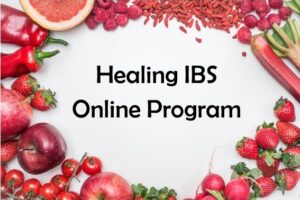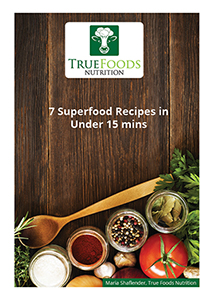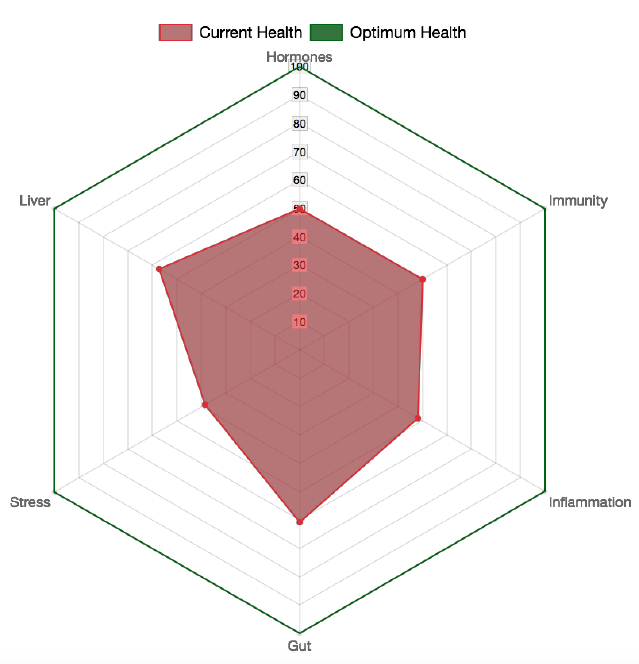War within: bacteria goodies & baddies
When I talk to my kids about what’s going on inside their bodies (as I do regularly, to educate them about how the body works and how what they eat impacts on the bits inside) I often talk about bacteria that live inside their tummies and how they are very small, but there are actually 10 million of them! And that armies of the goodies are always on the lookout for the baddies, and if you are sick, the baddies take over and that’s not much fun.
We don’t often think about this, but our gastrointestinal tract aka ‘The Gut’ is densely populated by bacteria! Despite the latest ad claiming that the cleaning spray can wipe out 99.9% of germs, we forget that even with a super clean bench top in our kitchen, inside our gut we continuously carry not only ‘good’ bacteria but also ‘bad’ bacteria (pathogens). Correct bacterial balance of the goodies and baddies is vital to health.
Probiotics and health
Early last century, a Russian scientist and Nobel Prize winner Ilya Metchnikoff developed a hypothesis that pathogenic bacteria in our colon promote disease and shorten life expectancy. His research led him to believe that foods like fermented (or soured) yogurt (kefir) are extremely beneficial to human health and help prevent pathogens from taking hold in our gut.
Many researchers have built on his work and have confirmed what regular folk have known for thousands of years: probiotic foods are beneficial for health! Foods such as kefir/yogurt, sauerkraut (fermented cabbage), pickles (the proper ones!), jams and many other fermented foods were a regular part of the daily diet of many different nations in Europe, Asia and Africa.
Probiotics have such solid evidence behind them that finally the medical profession is recognising their unquestionable benefits:
“It is clear that our diet can have a significant impact on the composition and functionality of the gut microbiota and in this way can influence our health status”
(Ceapa C, et al, 2013)
What happens when the baddies win
Western diets generally provide insufficient nutrients and are high in sugars, refined carbohydrates, alcohol and processed foods. A state of gut dysbiosis is common. Dysbiosis is when the bad bacteria take over influencing health within the entire body: creating inflammatory (IBS, Bowel disease or colon cancer) as well as systemic diseases like metabolic syndrome (linked to type 2 diabetes and obesity) and allergic diseases.
At the recent forum of the Mindd organisation (www.mindd.org) in Sydney, both medical and naturopathic doctors and paediatric specialists discussed at length how improper bacterial balance in children’s gut can be a culprit in many disorders such as ADHD, asthma, allergies, autism, chronic illness, depression, learning and language delay, and digestive and behavioural disorders.
Probiotic benefits
Probiotic supplements have been studied extensively and scientific evidence has shown that they:
- Enhance immune function
- Improve colonic integrity
- Decrease incidence and duration of intestinal infections
- Down-regulate allergic response
- Improve digestion and elimination
Whilst probiotic supplements are highly effective and recommended in times of acute gastrointestinal infections and following a course of antibiotics, it’s equally (if not more) important to include probiotic foods in your daily diet in order to PREVENT infections by boosting the immune system.
The process of lacto-fermentation of dairy products, vegetables and fruits creates an abundance of lactobacilli bacteria, making the final product highly nutrient and vitamin dense. These beneficial bacteria produce helpful enzymes as well as antibiotic and anti-carcinogenic substances. Their main by-product, lactic acid, not only keeps vegetables and fruits in a state of perfect preservation but also promotes the growth of healthy gut flora.
In the True Foods Nutrition House, fermented (probiotic) foods have a firm place in the doorway section- the ESSENTIALS to good nutrition. Their benefits are so diverse and far reaching when it comes to the health of your family, they simply can’t be ignored!
True Foods Nutrition is here to educate about real foods for health and teach hands on skills to help you make easy, quick, cost effective and highly nutritious foods at home.
Take a step towards transitioning your family to healthy living through real foods!
References:
- Ceapa C ; Wopereis H ; Rezaïki L ; Kleerebezem M ; Knol J ; Oozeer R, ‘Influence of fermented milk products, prebiotics and probiotics on microbiota composition and health’, Best Practice & Research. Clinical Gastroenterology, 2013 Feb; Vol. 27 (1), pp. 139-55.
- Douglas LC, Sanders ME.’ Probiotics and prebiotics in dietetics practice’, Journal of American Dietetics Association, 2008 Mar;108(3):510-21
- Fallon, S and Enig, MG PhD, ‘Lacto Fermentation’, The Weston A Price Foundation, 2000, www.westonaprice.org
- www.mindd.org
- Wolff MJ ; Poles MA ; Aberg JA, ‘Clash of the microbes: let’s bring back the good guys’. The Journal Of Clinical Investigation, 2013 Feb 1; Vol. 123 (2), pp. 544-5










